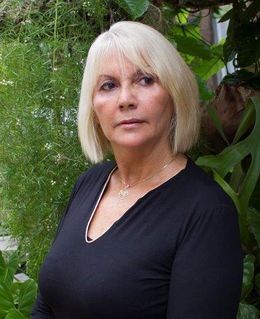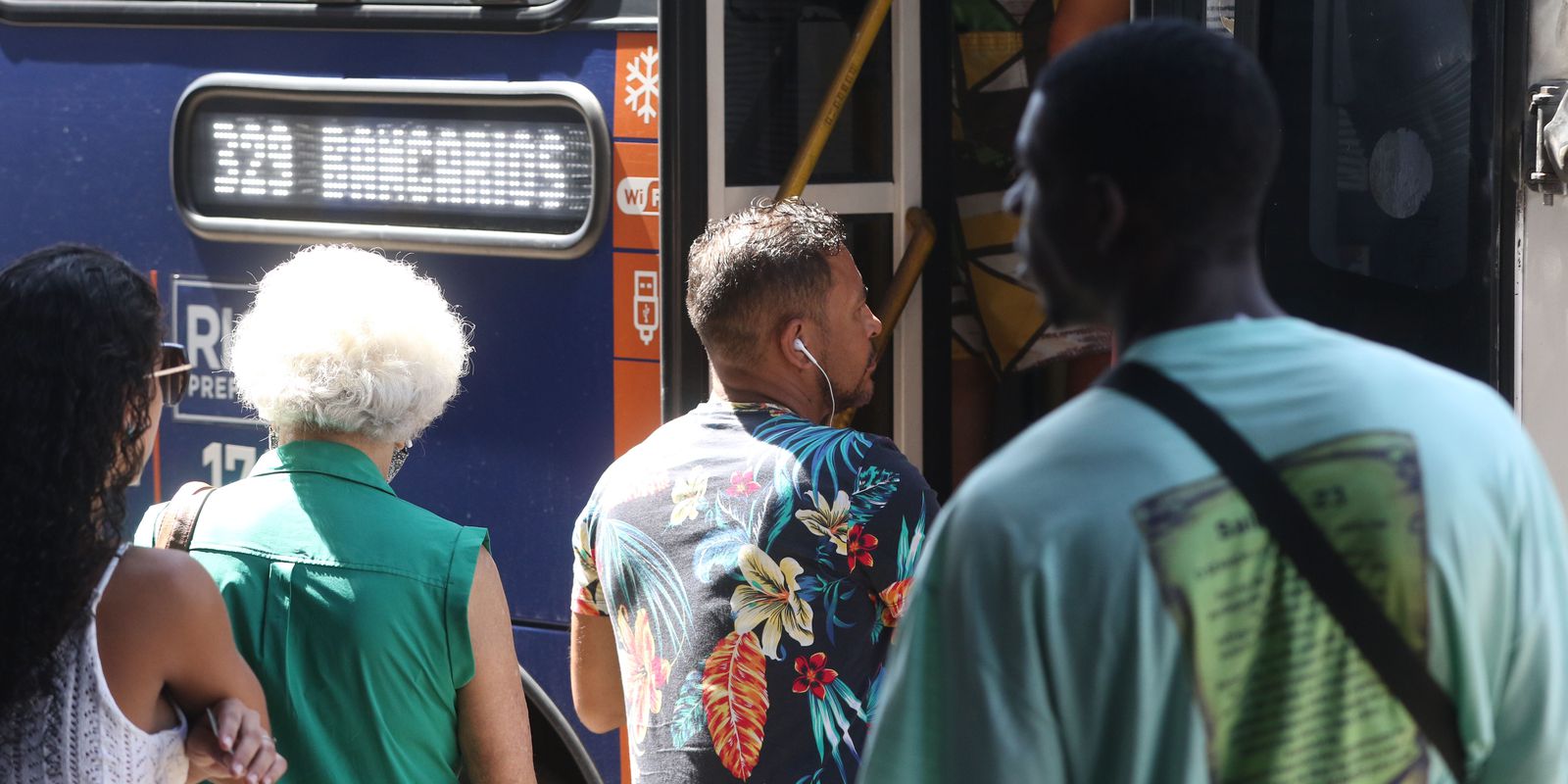“Remember that the important thing is not to see much but to see all the beauty that is in each thing.”
Participate in this edition of the international Book Fair The story I never wanted to writethe most recent installment by the Cuban writer Nieves Cárdenas López (Sancti Spíritus, 1954), published by the editorial imprint of the capital, Editorial Extramuros, after four years of waiting imposed by the difficulties associated with the pandemic, that the always willing colleagues from the publishing house insisted on going back. The curious and striking title is dictated by its essential feature. It is about the testimony that a son shares with his mother, on his first visit to Cuba after five years of absence, about the vicissitudes he must have suffered since he left the island with the desire to settle in Spain, as the only compass, and none guarantee of success.
The agile and fluid prose conquers the reader and, above all, the honesty with which the experiences are recalled. It shares features with travel literature and also with that of learning or inner growth and has the special attraction for Cubans of these times of being a representative story of many others. The ups and downs of Luis, the protagonist of the narration, recreated with respect, fidelity and complicity by the literary capacity of his mother are not, unfortunately, foreign chronicles for a significant area of Cuban families. Here they are exposed soberly, with absolute control of emotions in a discourse that seeks above all a kind of objectivity without judgment or victimization.
In the case that concerns us, unlike others, the social origin of the subject of the original experience is shown, his life in Cuba surrounded by certain comforts and owner of a relative independence, his belonging to a fully functional family and an environment where friendships are not lacking and affection leaves open a question of great interest, with probable anthropological, cultural and political derivations in the
exact dimension of the term, which is the one that refers to the behavior of the individual in society: isn’t what you have enough? Why go into the unknown? Several responses are rehearsed in the lines of the story.
The writing, in the first person, always from the perspective of the young man, demands attentive participation from the reader, since different time frames intersect and the narrator’s memories introduce us to some of the members of the family, with a clear emphasis on the figure maternal. The diachronic coordinate that supports the testimony then presents, in order of appearance, the rest of the participants. The beginning exposes the keys —not because they are fundamentally different— in which any variant of exit from the Island is executed, then the stays of the route pass: Luanda (overwhelming), Paris (playing everything for everything), Toulouse and, at the end, Spain, where the calamities are not mitigated. From the first chapter the dark streaks of human behavior appear, they have skins of all colors and different nationalities: an émigré —although initially he was only a potential immigrant— in a country where traveling is something extraordinary soon becomes food for the birds of dam.
During the journey, Russia is no longer the country of our mythology, nor does Angola exhibit the glories of a revolution, nor does the Spanish family that should be their destiny, in the mythical Granada, turn out to be what was expected. Never better said: an undocumented immigrant is a shadow that breathes and works. A book is always the work of a team. We owe Yenia Silva Correa the careful editing and Damaris Rodríguez Cárdenas the appropriate composition and design of
cover and back cover. Havana, an acrylic on canvas, by the plastic artist José Omar Torres López, adds a new value to the volume. For its literary and human merits, for constituting a beautiful monument to the
filial relationship and being a testimony of a society and a time, this piece, made with two voices and two hearts, will have a particular place in the literature of the Island.
Nieves Cárdenas develops her literary work in several genres, among them the novel, the short story and the biography and has to her credit the books Tita and Pancho (Extramural Publishing House, 2003), Juanico, the king of fresh waters (Publishing House April, 2004, Prize April 2003 in Children’s Literature), The son of the sun (Publisher New People, 2005), A flower and nothing more (Editorial Gente Nueva, 2011 and The Golden Age Award 2010 in Biography), naked under the light (Editorial Extramuros, 2012, Luis Rogelio Nogueras Award 2011 in Testimony Novel), Of snails and fire (Editorial José Martí, 2013), room of a king (New People, 2015), Sosabravo, the color that gives its name (Collage Editions, 2015) and piratedog (Publishing House April, 2018).
Several of his stories appear in compilations and anthologies.






